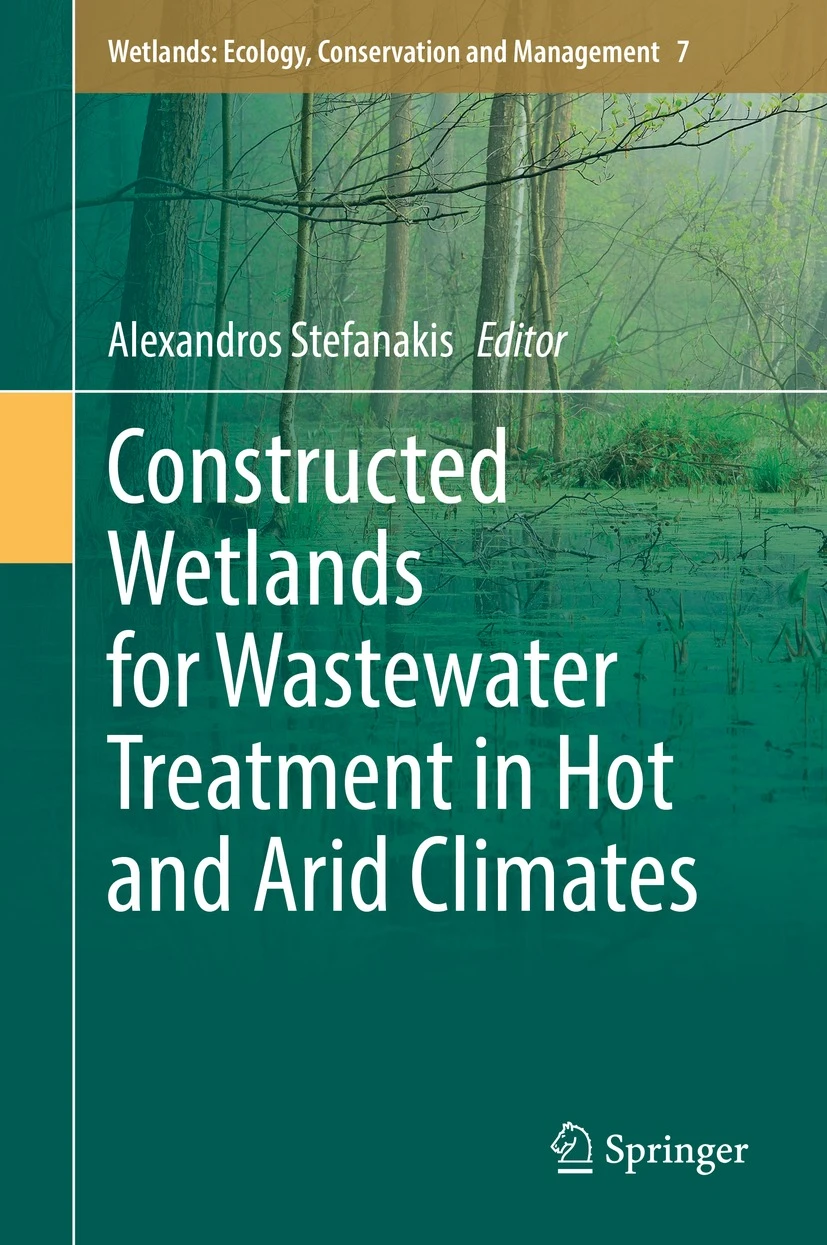Constructed Wetlands as a Green and Sustainable Technology for Domestic Wastewater Treatment Under the Arid Climate of Rural Areas in Morocco
 |
article Oct 2022 ; 20 pages
Aut. Laila Mandi &
Ed. Springer - Berlin
Downloadable from the publisher
Abstract:
The aim of this chapter is to demonstrate the applicability and the adaptation of constructed wetland (CWs) eco-technology for the treatment of domestic wastewater, especially in rural areas under the arid climate of Morocco. As most rural areas in Morocco are suffering from water and soil pollution, there is a potential health risk posed by untreated wastewater discharge into the environment. Lack of sanitation in these regions, where technical and financial resources are usually limited, has a negative impact on the quality of life of the rural population and their water resources. Developing treatment techniques adapted to this context is very challenging, taking into account the social, technical, and financial capacities of rural areas. Green and sustainable technologies such as CWs have several inherent advantages compared to conventional treatment systems, including low capital costs, less infrastructure, lower operating costs, simplicity of construction, and ease of operation. CWs under different sanitation typologies proved an efficient wastewater treatment method in real applications in the rural villages of Morocco and could be considered as an efficient domestic wastewater treatment solution under arid conditions to promote environmental protection and wastewater reuse.
Keyword: |
Publisher/Broadcaster: |
|
Springer
-
Springer-Verlag GmbH - Berlin - Germany |
If there is a broken link, we will be pleased to receive a message: communication@pseau.org